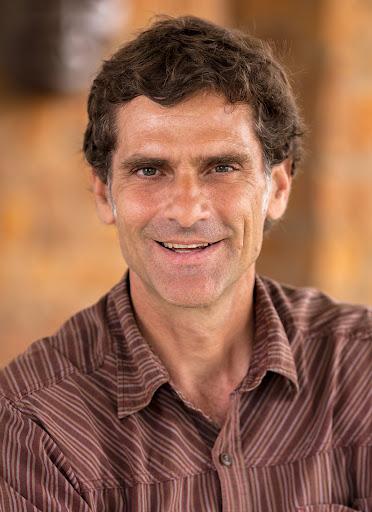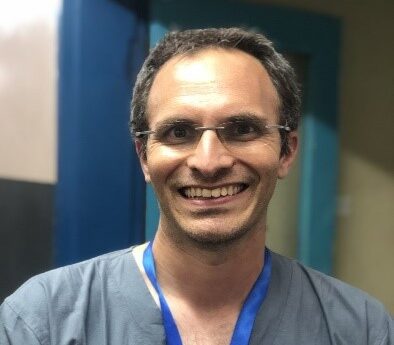Clinical and Experimental Medicine
About
Profiles
Research
Blog
Gallery
Clinical and Experimental Medicine (CEM) Theme
Clinical Medicine research includes studies directly related to patients, of all ages, in the hospital or community, using relevant methods to determine the disease burden and associated factors, as well as clinical trials testing interventions to improve outcome.
Experimental Medicine refers to investigations in humans, including healthy subjects, to either identify mechanisms of pathophysiology or disease, or demonstrate proof-of-concept evidence of the validity and importance of new discoveries or treatments.
Capacity building is a key objective of our Theme. We have cadres of staff, facilities and equipment that allows us to pivot as an integral part of Malawi national pandemic preparedness.
Malawi Accelerated Research in Vaccines by Experimental and Laboratory Systems (MARVELS)

As a Theme, we have adopted two overarching Approaches in the design of our Methods. These: 1. We support CEM ...






